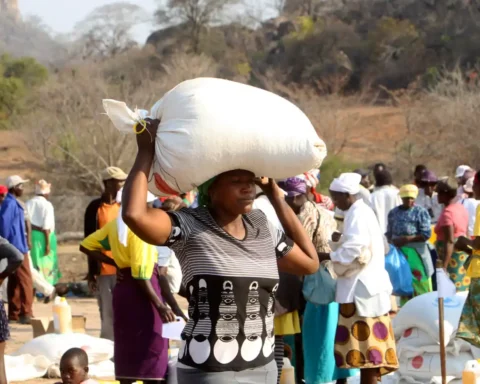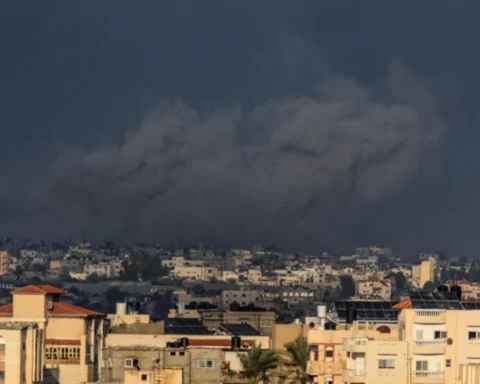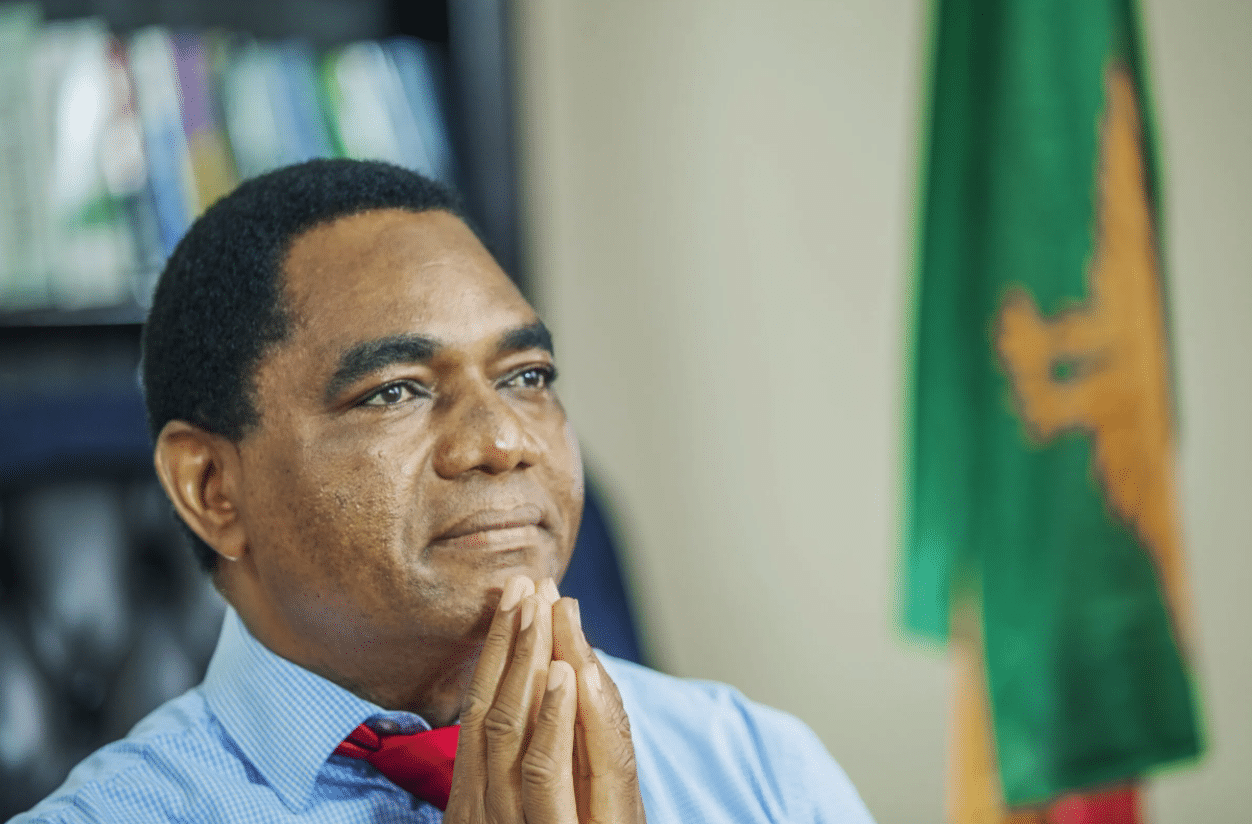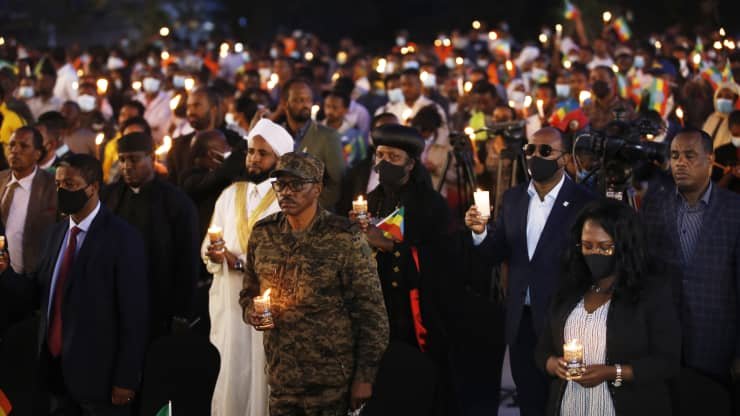The United Nations High Commissioner for Human Rights has condemned Zimbabwean government’s cracking down on peaceful protesters, as souring economic woes continue to affect millions of the once “milk and honey” nation.
Police dispersed thousands of citizens gathered in the capital Harare this morning, to protest against the economic woes, following a High Court decision to uphold a Government ban.
Reports indicate that the police used force against protestors to disperse them.
With opposition demonstrations still likely to take place in Zimbabwe again soon, the UN High Commissioner for Human Rights urges the Government to find ways to continuously engage with the population about their legitimate grievances on the economic situation and to stop cracking down on peaceful protestors.
“If demonstrations go ahead we urge the security forces and protesters to ensure they proceed calmly and without any violence,” reads a statement signed by its spokesperson Rupert Colville.
The world rights body says it is deeply concerned by the socio-economic crisis that continues to unfold in Zimbabwe.
Long-term neglect and structural deficiencies have contributed to hyperinflation, resulting in soaring prices for fuel, food, transport and health services, which is having a dramatic impact on the population, and particularly on marginalized working-class people.
“The fact that key commodities and services have become less affordable for poor families, means there is an increasing need for strong social protection measures,” says Colville in the statement.
The organization notes that the economic crisis was converging with the impact of cyclone Idai that hit Zimbabwe last March, as well as the El Niño-induced drought, to create a rapidly deteriorating humanitarian situation, with the result that around five million Zimbabweans, or one third of the total population of 16 million people, are now estimated to be in need of humanitarian aid.
“Ahead of today’s planned protest, which was called off at the last minute, there were worrying reports of threats against citizens who wish to exercise their right to express their opinions of the economic situation via peaceful protests, with allegations of increased surveillance of, and threats against, civil society organizations by State agents.
“More disturbing still, there have been reports of actual physical attacks on, and arrests and detention of, civil society leaders and activists over the past few months, with one human rights defender and one political activist reportedly temporarily abducted and severely beaten by unidentified armed men a few days ago, apparently because of their role in helping to organize the protests today. In the last few hours, we have heard reports of more such cases and are looking into them. Senior officials have also reportedly issued threats against organisers of demonstrations or against people who take part in them,” he says.
Colville reminds State authorities their duty to ensure people’s rights to freedom of expression and to facilitate and protect the right to peaceful assembly.
Also, he further urges the Senate when reviewing the Maintenance of Peace and Order Bill to protect the essential democratic freedoms of peaceful assembly and demonstration by ensuring Bill’s compliance with the Constitution, decisions of the Constitutional Court, and international human rights standards.
In January, the UN High Commissioner for Human Rights also expressed concerns about reports of excessive use of force, including live ammunition, by Zimbabwean security forces during protests following the announcement of an increase in petrol prices.
“We are not aware of the indictment or prosecution of a single alleged perpetrator of human rights violations committed during or after of those protests. The Government does not appear to have carried out the requisite investigations into the violence, including the alleged excessive use of force by security forces, in a prompt, thorough and transparent manner, with a view to accountability, and we urge it to do so without further delay,” Colville says in the statement.
The Geneva-based human rights body also urge the Government to redouble its efforts to address the current challenges through a national dialogue, with the support of the international community, and to ensure that civil society organizations, human rights defenders, and activists could carry out their activities in a safe and secure environment without fearing intimidation or reprisals for their work.








